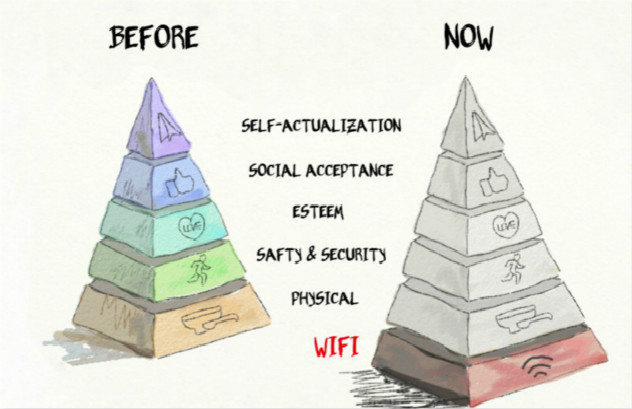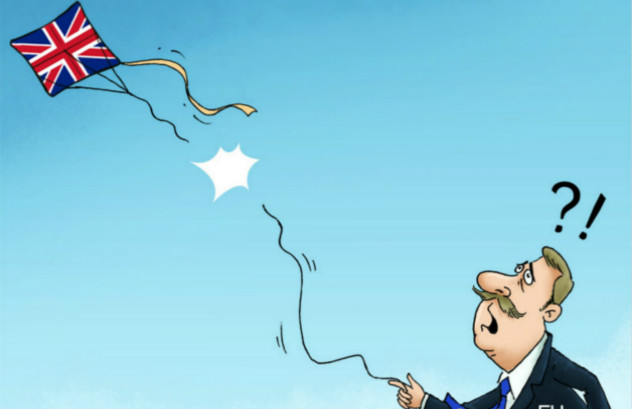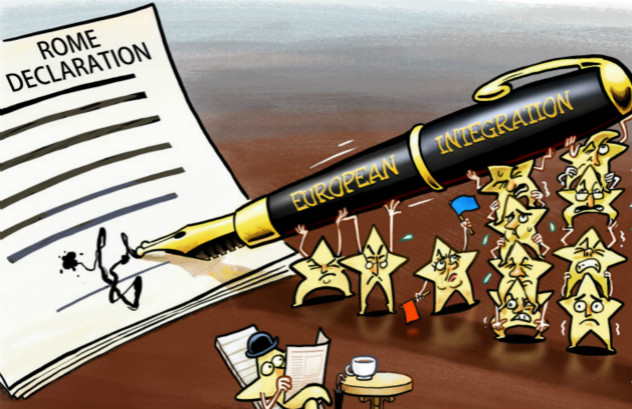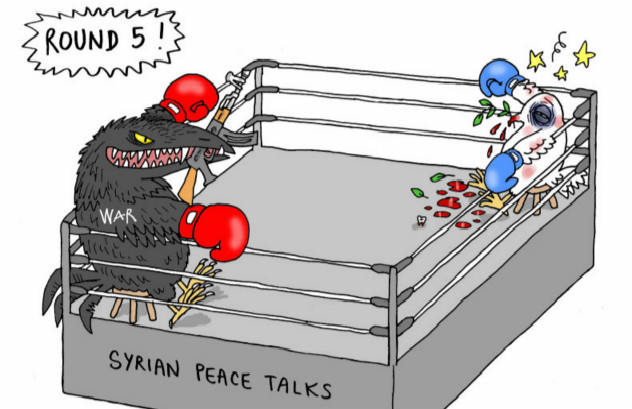Park's US visit carries hope
Republic of Korea President Park Geun-hye will pay an official visit to the United States from May 6, her first overseas trip since taking office in February. In-depth discussions on the Democratic People's Republic of Korea and plans for peaceful cooperation in Northeast Asia will be high on the agenda of her meeting with US President Barack Obama in Washington. She is also scheduled to meet with UN Secretary-General Ban Ki-moon in New York, where the DPRK issue is likely to be discussed again.
Park considered China as the destination for her first overseas trip as ROK president given the importance of bilateral economic and trade ties, and China's efforts to promote permanent peace on the Korean Peninsula. But her plans changed after the UN imposed sanctions on the DPRK for conducting a third nuclear test in February and declaring the Korean Armistice Agreement invalid.
Pyongyang's actions prompted Seoul to strengthen its alliance with Washington and Park to visit the US in the hope of finding a way to resolve the crisis on the Peninsula and work out cooperative plans for stability in Northeast Asia. This year marks the 60th anniversary of US-ROK military alliance, and Seoul hopes to use it to put more pressure on Pyongyang.
After being sworn in as president, Park proposed a "Korean Peninsula trust process", a set of policies toward the DPRK nuclear issue which calls for Seoul-Pyongyang trust building through dialogue and deeper cooperation and communications.
A survey conducted by the ROK authorities soon after Park assumed office showed that people wanted her to make economic revival her top priority, with just 1 percent giving precedence to improving relations with the DPRK. But after the DPRK conducted its third nuclear test, a majority of the people in the ROK said improving Seoul-Pyongyang relations should be Park's top priority.
After the DPRK's provocative actions, Park vowed to take immediate action if Pyongyang escalated tensions further even though she remained committed to peaceful resolution to the crisis, and the ROK proposed to hold dialogue with the DPRK to prevent the closure of their only joint venture, the Kaesong industrial complex.
After US Secretary of State John Kerry's visits to China, the ROK and Japan, and the visit of China's special representative for Korean Peninsula affairs Wu Dawei to the US, the diplomatic efforts of China, the US and the ROK have centered on the DPRK nuclear issue.



















